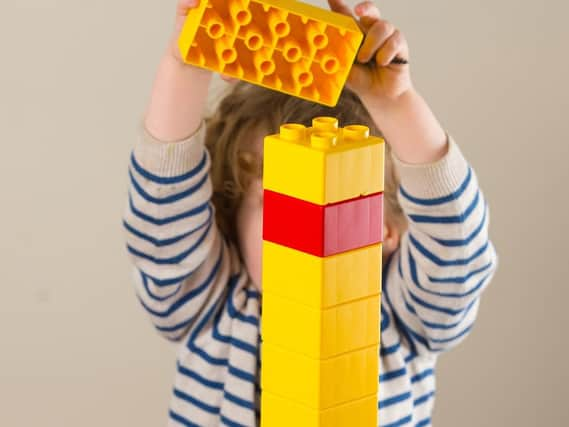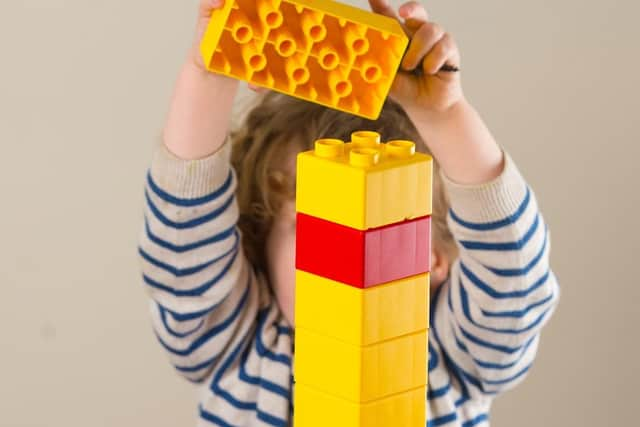Nottinghamshire toddlers' development is slightly below average in England


Between July and September 2018, 82 per cent of children aged between two and two-and-a-half years old passed key development assessments, compared to 84 per cenr for England overall.
Nurses assess the youngsters at home and submit data to the local authority.
Advertisement
Hide AdAdvertisement
Hide AdThe areas assessed are communication, problem solving, personal social skills, and different motor skills.


There are three possible questionnaires depending on whether the child is 24, 27 or 30 months old at the time of the assessment.
The subject in which most pupils met the minimum score in Nottinghamshire was hand and finger movement - with 98 [per cent of pupils passing.
The lowest marks were in communication - where 88 per cent of pupils met the minimum mark.
Advertisement
Hide AdAdvertisement
Hide AdA total of 1,708 pupils were evaluated in Nottinghamshire in the three months to September 2018.
Rosamund McNeil, assistant general secretary at the National Education Union, said the assessment helps parents know more about their children's capabilities.
She said: "You also have to take into account that 20 per cent of the kids may have some additional need and it really matters which month in the year children were born.
"Every child develops at a different pace from these ages to 18, and that is something that everybody has to understand."
Advertisement
Hide AdAdvertisement
Hide AdA Public Health England spokesman said: "This assessment provides an objective measure of development and allows comparisons to be made helping to identify children who are not developing as expected and supporting decisions on closer monitoring of progress.
"In terms of inequalities it was found that children living in the most deprived areas have a lower chance of achieving the overall expected level of development than those living in the least deprived areas.
"In particular, children living in the most deprived areas are around eight percentage points less likely to have the expected level of communication skills than children living in the least deprived areas."